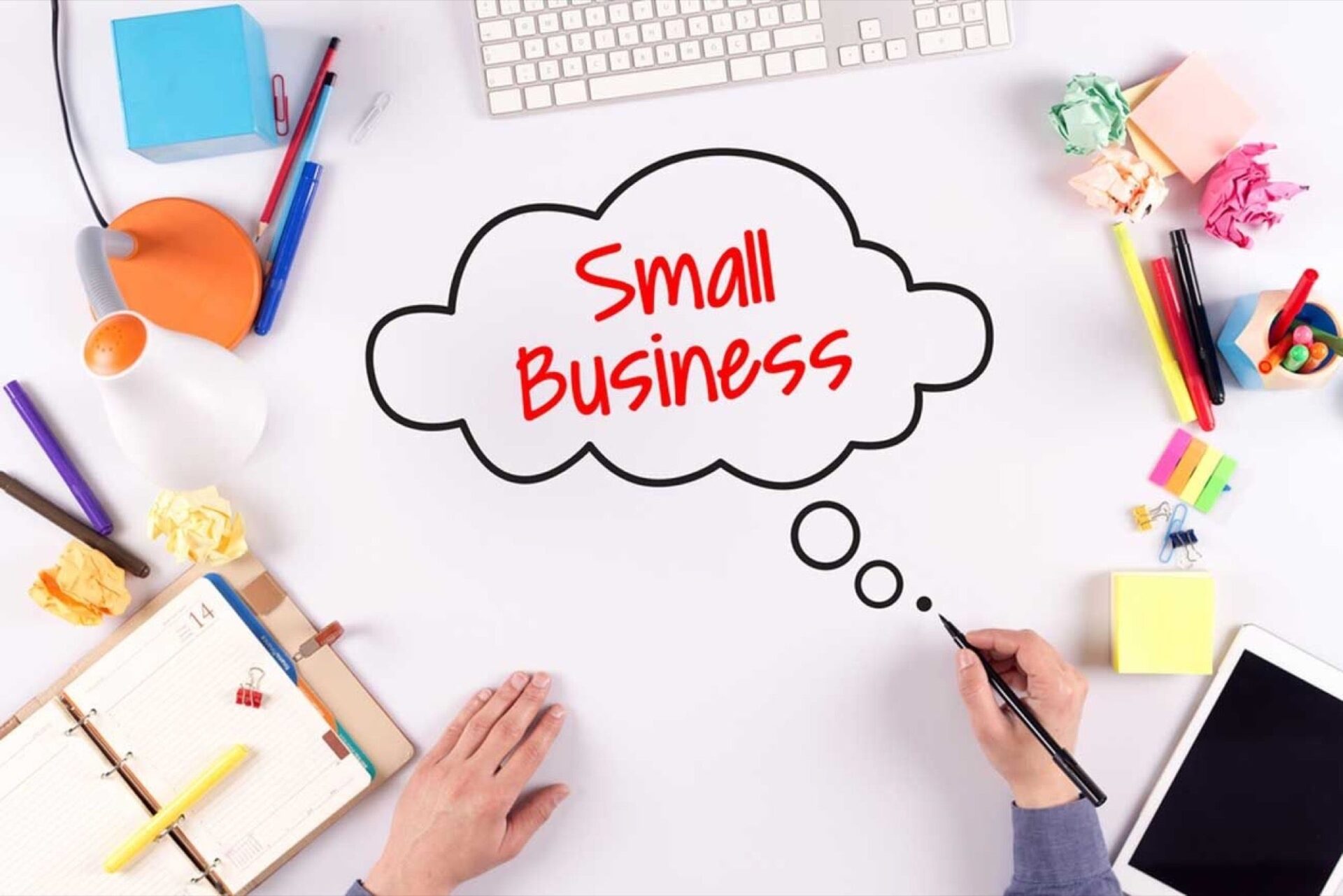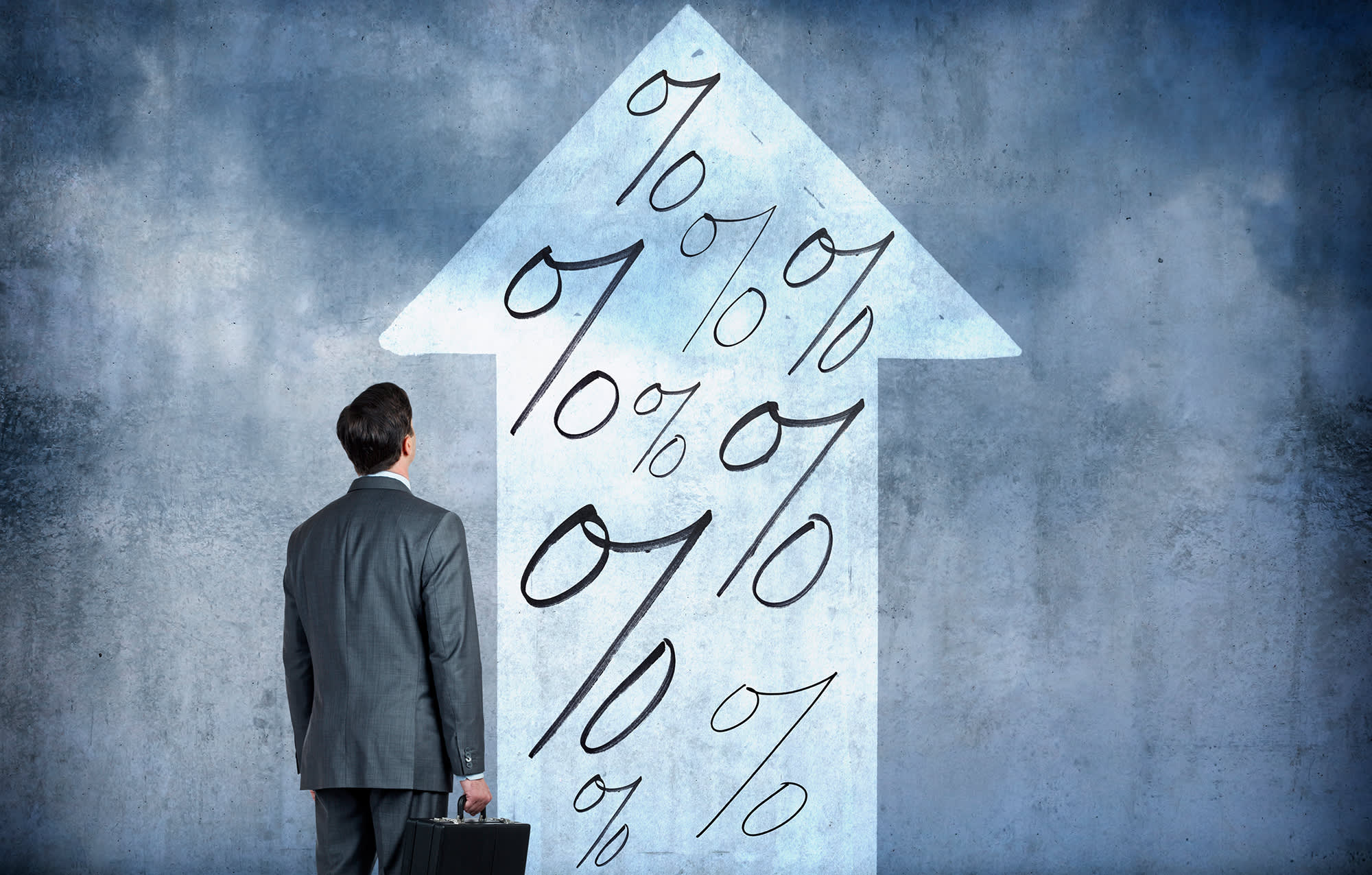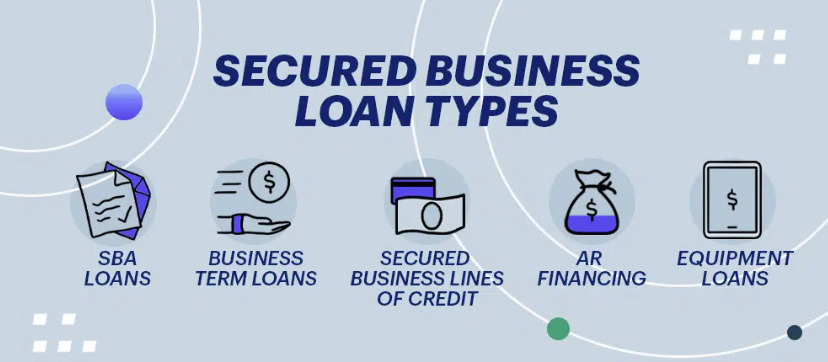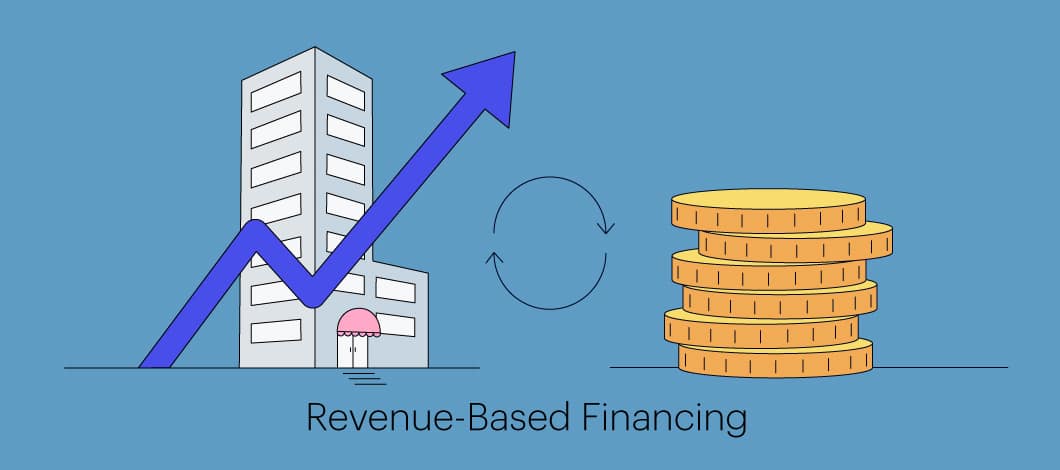Understanding the complexities of economic indicators is essential for businesses of all sizes. The recent CPI (Consumer Price Index) report indicating that inflation eased to 3% in June brings some interesting implications, particularly for small businesses. Let’s unpack this to understand how it affects small business growth.
Understanding CPI and Inflation
The CPI is a measure that examines the average prices of a basket of consumer goods and services, like transportation, food, and medical care. It is a significant indicator of inflation. Inflation, the rate at which the average price level of goods and services increases over time, affects everyone, from consumers to business owners.
CPI Report for June: A Relief
The recent easing of inflation, as evidenced by June’s 3% CPI figure, indicates that prices are not increasing as rapidly as in previous months. This development can bring some relief to consumers and businesses alike.
How Inflation Impacts Small Businesses
Small businesses often feel the pinch of inflation more acutely. When prices rise, businesses face increased costs for raw materials, labor, and more. This can put pressure on their profit margins, particularly for those that are unable to pass these costs onto consumers.
Understanding the Link Between CPI and Small Business Growth
The easing of the CPI is likely to impact small business growth positively. When inflation slows, it tends to stabilize costs, making it easier for businesses to plan for the future, manage cash flow, and potentially increase their profitability.
Strategies for Small Businesses Amid Changing Inflation
Despite the positive trend in the CPI, small businesses must remain proactive and adaptive in their strategies to manage inflation.
Adapting Business Strategies
Business strategies may need adjustment in light of inflationary trends. This could involve diversifying product offerings or exploring new markets to boost revenue.
Cost Management and Efficiency
Focusing on cost management and operational efficiency can help mitigate the impact of inflation. This could involve streamlining processes, improving productivity, or leveraging technology.
Pricing Adaptation
Businesses may also need to consider their pricing strategies. While passing on costs to consumers may not always be feasible, gradual and justified price increases can be a part of the strategy.
Exploring New Markets and Diversification
Inflation can serve as a prompt for businesses to explore new markets or diversify their offerings. This can open up new revenue streams and provide a buffer against inflationary pressures.
The Role of Government and Policy Makers
Government policies can play a significant role in managing inflation and supporting small businesses. From tax incentives to low-interest loans, various strategies can help small businesses navigate inflation.
Looking Forward: Small Business Growth Amid Economic Changes
Inflation and CPI are important factors affecting small business growth. However, with strategic planning and adaptation, small businesses can not only navigate these challenges but also identify opportunities for growth.
Conclusion
The recent CPI report showing eased inflation is welcome news for small businesses. However, these businesses must remain proactive, continually adapting their strategies to manage the dynamic economic environment.
FAQs
1. What is the CPI? The CPI, or Consumer Price Index, is a measure that examines the average prices of a basket of consumer goods and services.
2. How does inflation impact small businesses? Inflation affects small businesses by increasing the costs for raw materials, labor, and more, potentially putting pressure on their profit margins.
3. How can small businesses navigate inflation? Small businesses can navigate inflation by adapting their business strategies, focusing on cost management and efficiency, and considering pricing adaptations.
4. What is the impact of the CPI on small business growth? An easing CPI, indicating slower inflation, is likely to have a positive impact on small business growth by stabilizing costs.
5. Can government policies help small businesses manage inflation? Yes, government policies such as tax incentives and low-interest loans can help small businesses navigate inflation.






